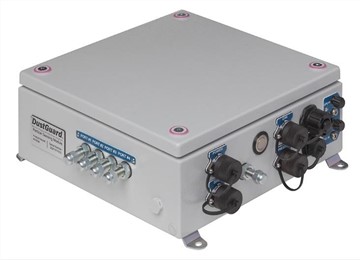In a study published recently, a team from ANU demonstrated the ability of guanylate-binding proteins (GBPs) to directly bind and kill specific types of bacteria.
Researchers are optimistic the proteins could be used to develop new drugs, or in combination with existing antibiotics, to treat certain infectious diseases including meningitis, pneumonia and sepsis.
Feng Shouya, lead author of the study, said GBPs work by "busting open" bacteria and destroying it, similar to an axe splitting wood in two.
"Our immune system is equipped with weapons that can destroy germs. When foreign bodies, such as bacteria, enter our body the immune system triggers a defensive response," she said in a media release.
"We believe we can extract and harness the power of these immune system proteins, known as GBP1, and use them to treat a range of infectious diseases, without negatively affecting our body's cells."
The study warned of the threat posed by disease-causing microbes that are continually adapting.
According to the World Health Organization (WHO), antimicrobial resistance is one of the world's most pressing health issues.
Drug-resistant diseases currently cause approximately 700,000 deaths every year -- a figure that is expected to rise to 10 million by 2050.
The ANU researchers said the "ultimate goal" of the research was to use these proteins to entirely eliminate meningitis, pneumonia and sepsis.





















Latest comments